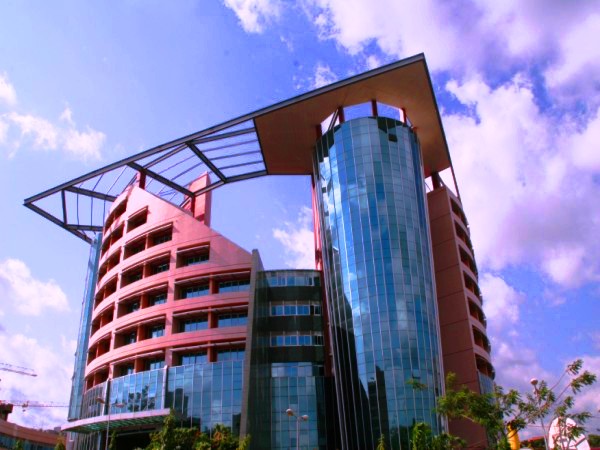Prof. Umar Danbatta, the Executive Vice Chairman of Nigerian Communications Commission (NCC), has said that about N10.5 billion has been paid through the agency’s intervention on interconnect indebtedness.
Danbatta made the fact known at the ”Telecoms Executives and Regulator Forum (TERF)”, organised by the Association of Telecommunications Companies of Nigeria (ATCON) in Lagos on Thursday.
Represented by the Executive Commissioner, Technical Standards, Mr Ubale Maska, Danbatta said the commission’s approach to interconnect and Value Added Service (VAS) debts in the telecommunications industry had been persuasive.
According to him, the regulator is not interested in micro managing financial and relationships between, and among service providers, that have been substantially protected by subsisting commercial agreements.
”Interconnect debts have not been really a big issue in the industry except in cases of disputes. But there have been cases of interconnect fees disputes between service providers.
”In such cases, the regulator has intervened. In the past one year, such intervention has resulted in payments of about N10.5 billion from about reported N17 billion disputed interconnect debts.
”Agreements have also been reached for the settlement of outstanding debts,” he said.
Danbatta said that on the VAS segment, the commission believed that the absence of detailed regulation with appropriate market segmentation was responsible for interconnect disputes.
He said that NCC had received reports, especially from VAS providers, of alleged exploitation by the big operators.
Danbatta said that on the other hand, the service providers had complained about the parasitic nature of this service.
”There is also a fusion of roles between the identified market segments, resulting in distortions in the market.
”The commission has conducted a consultative process and is about concluding arrangements for introduction of a regulation to guide the activities of the VAS market.
”This will substantially address the issues arising from VAS interconnect debt,” he said.
Danbatta said that the Nigerian telecommunications market thrived on private sector investment and for about 20 years, the industry could only record some paltry 60 million dollars private sector investments.
He said that the partial deregulation of the industry with Decree 72 of 1992 did not change the investment climate.
He said the digital mobile licensing process of 2001 and the Nigerian Communications Act of 2003, which grew the investor confidence had resulted in the attraction of sector investment from 2001 to 2016, to about 68 billion dollars.
He said that the investment was huge but was by no means adequate for one of the fastest growing telecommunications markets in the world.
”The capital intensity of the industry, the need for service providers to increase their infrastructure deployment to satisfy the ever-increasing demand, creates room for double the size of this investment in the next 10 years.
”We have about 40 million Nigerians yet to be reached with basic infrastructure and services.
”Our roadmap for broadband has created new frontiers for investment. The quest for data and social media enables services, as well as the increasing value added creates new frontiers for investments.
”Therefore, the desire for investment in the sector will continue to grow as the size of the network increases,” Danbatta said. (NAN)

